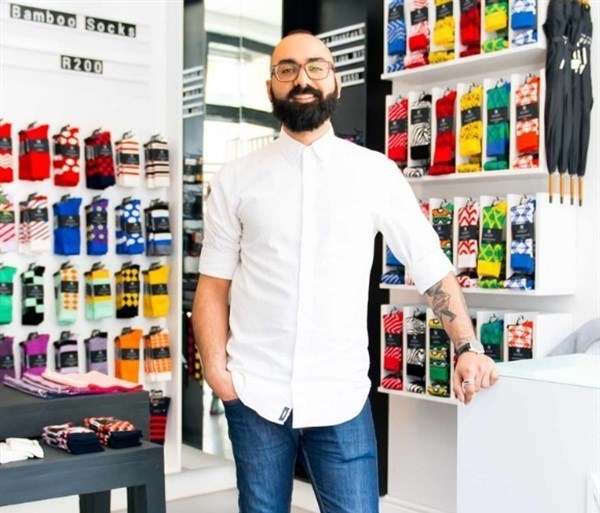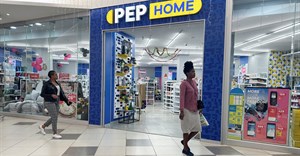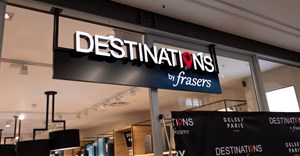#ECMA18: It's not an apocalypse, it's a retail revolution

Speaking at the DHL E-commerce MoneyAfrica conference in Cape Town recently, the Nic Harry Socks founder drew attention to South Africa’s unsustainable shopping mall oversupply.
Out of 2,082 shopping centres in Africa, 1,950 are located in South Africa, making it the country with the sixth most shopping malls in the world, according to the South African Council of Shopping Centres.
“While we’re building malls we’re closing stores,” Haralambous said, making reference to the spate of local closures including that of Mango, Nine West, River Island and of course Stuttafords.
“There are too many malls and they’re too big. And we wonder why we can’t kickstart retail.”
The United States, meanwhile, has just experienced the liquidation of toy giant Toys 'R' Us. The resultant 33,000 jobs expected to be lost adds to the American retail sector’s devastating job loss tally after 3,500 stores closed in 2017 alone – Payless, Radioshack, J.C. Penney and Macy's among them.
But once again, Haralambous pointed out the oversupply of retail space that was present in the market. “Between 1970 and 2005 the number of malls in America grew at double the rate of the population. That’s not an apocalypse, it’s a correction.”
Previously flourishing shopping centres now lie vacant, a phenomenon that has inspired a YouTube series in which filmmaker Dan Bell tours the country offering a look into these abandoned retail spaces.
Haralambous has also had to close two out of the five Nic Harry outlets. Reasons for the closures vary – from a lack of foot traffic to the high costs of store maintenance – but ultimately they just weren’t profitable enough to remain open.
Building products from experiences
Haralambous said that brick and mortar retail as we know it may be dying, but e-commerce isn’t necessarily what’s killing it. E-commerce accounts for less than 3% of SA retail, less than 14% of USA retail and less than 15% of German retail.
He proposed that a much more fundamental shift is in play. “The product has changed. Consumer spending has changed. The V&A Waterfront reports that people are spending more money on things like food, for instance.”
Brands are not only focusing on experience, they're building products out of experiences. A pop-up museum in San Francisco called The Color Factory is focused on offering visitors a range of conceptual, interactive and ‘Instagrammable’ experiences.
Jump into a ball pit filled with 200,000 balls, draw on the walls in a room-sized colouring book or make your way through an installation made of 10,000 colourful ribbons.
Another interesting art exhibition is the Museum of Ice Cream, composed of a maze of rooms filled with brightly coloured ice cream and candy themed exhibits, from a rock-candy cave to a swimming pool of rainbow sprinkles.
Advice for the future
Companies need to adapt to the changing face of global retail or risk going out of business. Haralambous shared the following tips for remaining relevant and profitable:
• Create interesting customer experiences
• Seek lower rentals
• Diversify your offering, you can’t be a one-trick pony
• Remove bureaucracy
• Avoid a price war by picking your market and pricing correctly – this helps build a fanbase
• Surprise and delight your customers
• Know your customer and reward their loyalty
• Own the vertical by removing the middleman
• Fish where the fish swim by embracing omnichannel retail
• Cut your losses – close stores, find margin and increase sales
• Produce locally and sell globally to open all distribution channels and access the spending power of the world
• The world is changing, change with it
“It’s not an apocalypse, it’s an evolution. The ones that are dying are those refusing to adapt.”















